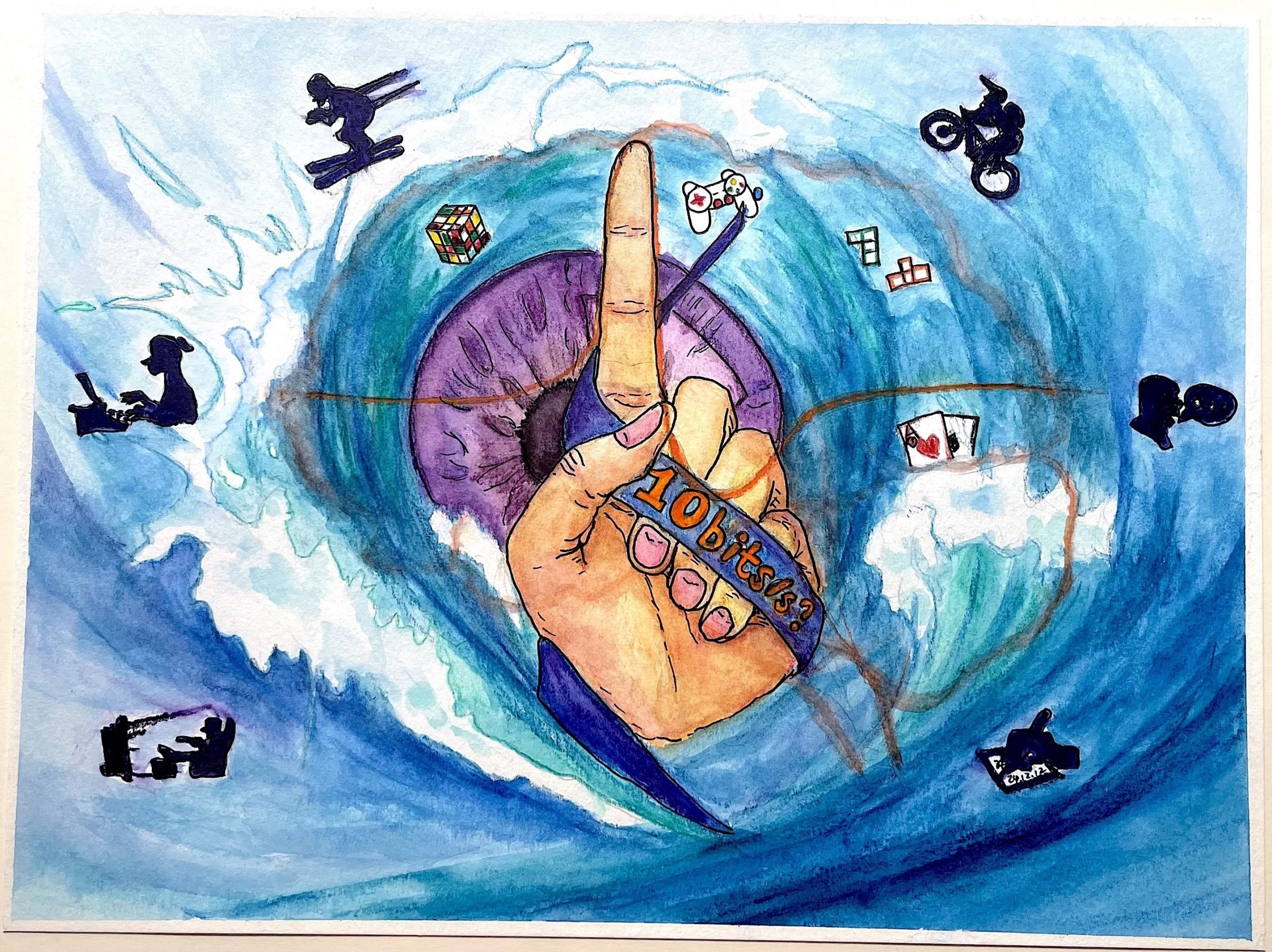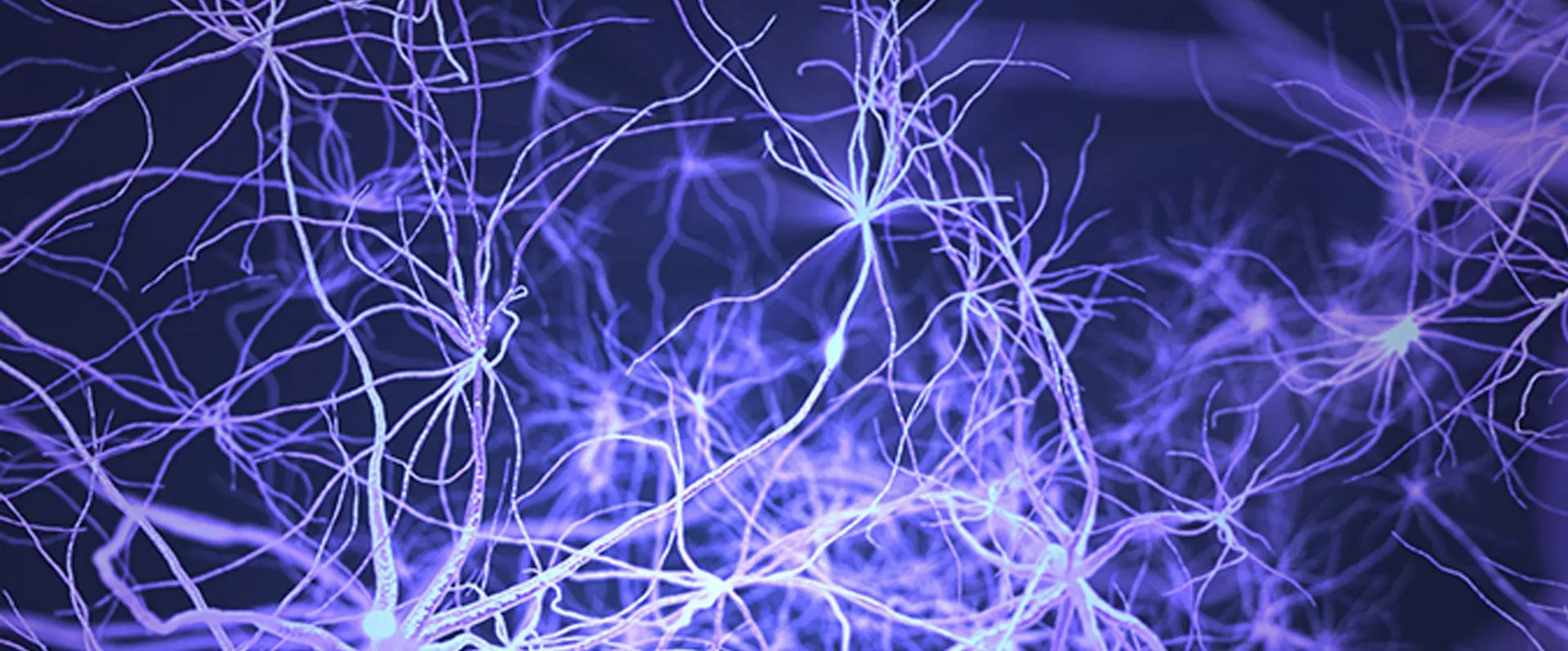See Full Size
According to Caltech study human brainjust your thoughts 10 bit/saniye It works at speed. The study challenges long-held assumptions about human cognition by revealing that our brain’s thinking speed is much slower than previous estimates.
Paradox in the functioning of the brain
In the study, human behaviors such as reading, writing, playing video games and solving Rubik’s cube were examined using information theory methods. According to the results, the thinking speed of the human brain is quite slow compared to the speed of our sensory systems, which can collect billions of bits of information per second from the environment. For example, while an ordinary Wi-Fi connection processes data at a rate of approximately 50 million bits per second, human thought “turtle speedIt remains like “.
in the human brain More than 85 billion neurons and one-third of them are responsible for higher-level thoughts. However, although individual neurons can transmit data at well over 10 bits per second, the fact that our general thinking speed is so low is a challenge for scientists. a riddle to be solved stands out as.
Moreover, in the study, human thought in turn, can only process one thought at a time is emphasized. This is an example of our brain not being able to process multiple information at the same time like sensory systems. For example, when playing chess, a player can only visualize a single sequence of moves.
Slow but very convenient
See Full Size
Researchers, “Human thought can be seen as a form of navigating a space of abstract concepts.” he writes. Research is also with brain-computer interfaces It also casts a shadow over relevant future expectations. Although it is thought that brain-computer connections will speed up communication, it is stated that the impact of such technologies may be limited due to the natural limits of the human brain.
The study also shows that our cognitive speed very suitable for our environment suggests that it is. “Our ancestors chose to live in a world slow enough to make survival possible. In fact, 10 bits per second thinking speeds are only necessary in worst-case scenarios, and most of the time our environment changes at a much calmer pace,” say Zheng and Meister.
This news our mobile application Download using
You can read it whenever you want (even offline):




